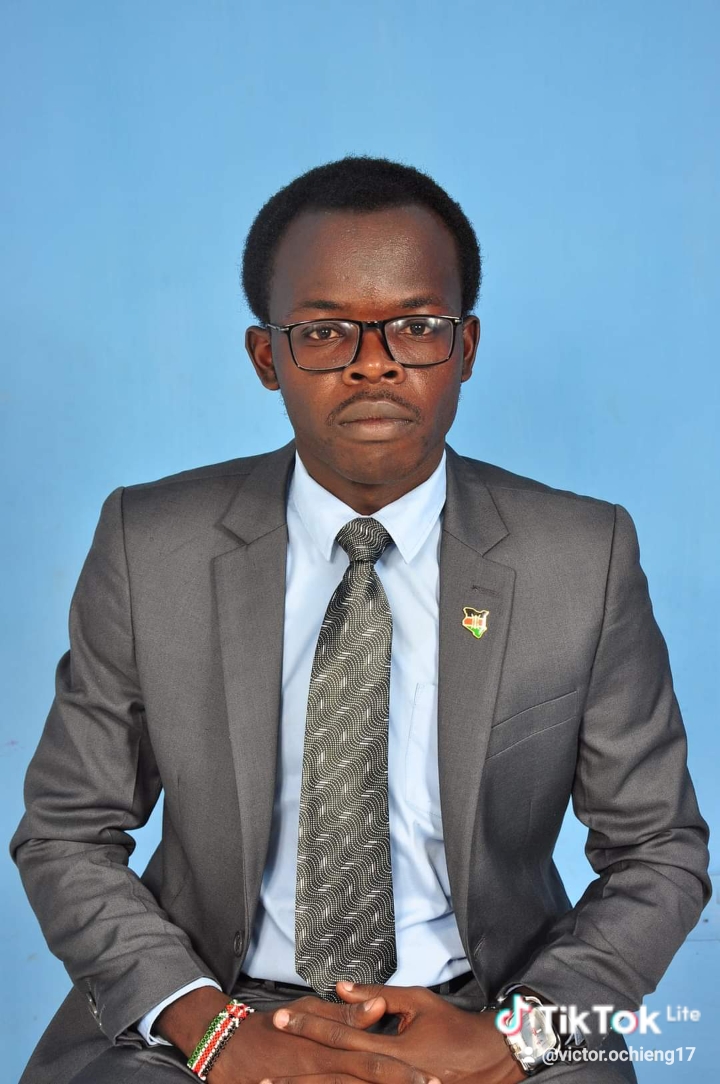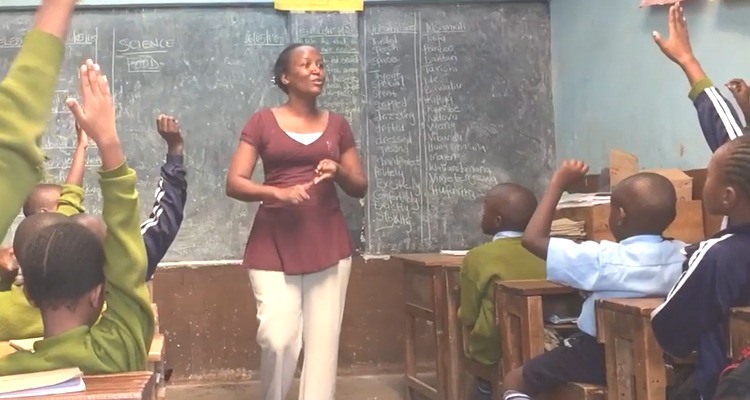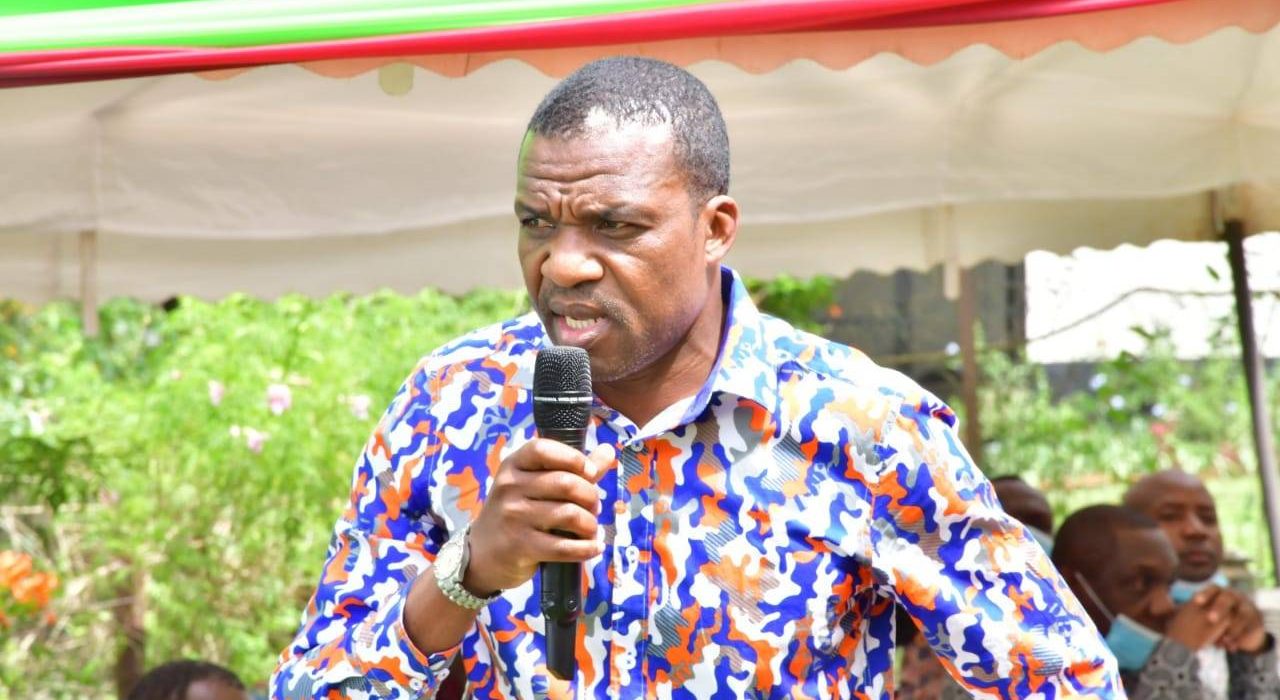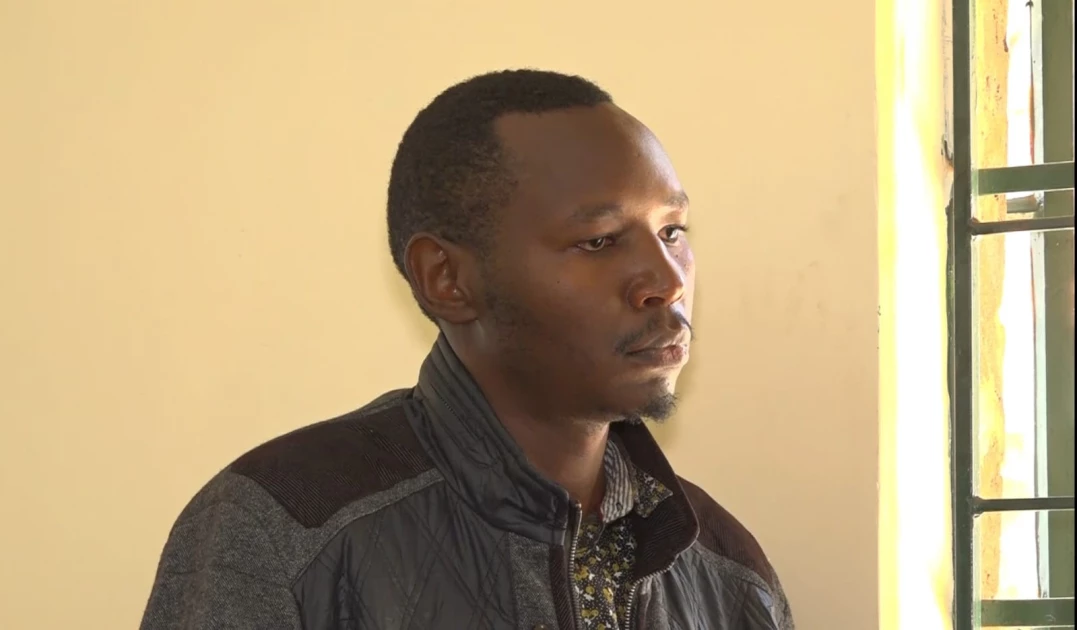Ideally, in the new education dispensation, 2026 onwards, Senior Schools (Grades 10-12); are in exigent need of more money in order to stay afloat. School projects and programmes can come to a grinding halt in case there is continuous cash crunch. For schools are always caught up in headwinds when in financial doldrums. Through it all, there are always suppliers and service-providers to be paid for delivery of essential products and services in school. Then, there are a section of teachers and Non-Teaching Staff (NTS) whose livelihoods are tied to the apron strings of school coffers. At the tail-end of the month, they expect some emolument to live, survive and survive.
No wonder, the Board of Management (BoM) and Head of Institution (HoI),must ensure that the school has multiple avenues of generating sufficient amount of revenue so as to make the school a going concern. The onus is on the BoM to ensure that they set stupendous strategies of mobilising resources. More so, getting more money to bank-roll school projects and programmes. Therefore, this good idea is the nub of my 26th treatise on Competency-Based Education (CBE).
Wise Use of Important Management Documents
In most cases, visionary HoIs and BoMs ensure that they formulate important management documents that can assist them to mobilise requisite resources to support school projects and programmes. There is the exigent need of writing and reviewing the lustrum or 5-year Strategic Plan complemented by School Infrastructure Development Plan (SIDP) complete and replete with Annual Work Plans (AWPs).
In actual sense, a carefully-crafted Strategic Plan can assist a school to raise revenue and mobilise more resources. For that management document has specific sections that steer clear on such important matters. In a chapter titled Strategic Framework, the sub-topic of Financial Analysis explains three things: (1) Sources of funds, (2) bank accounts run by the school, and (3) procurement process, which is open tendering.
By the same token, there is the sub-topic focusing on Prioritised Projects, which points out the project, cost and possible source of funding. Then, towards the conclusion of the Strategic Plan, there is a chapter on Implementation Budget Projection that cascades to these four focal areas: (1) Strategic action or projects, (2) cost estimates, (3) year of action, and (4) sources of funds.
Moreover, once the school has a well-thought project to venture into, advisedly, it is right to write business plans; targeting potential financiers out there. Likewise, schools can write letters of request: to solicit robust support. Therefore, you understand the real reason school management and administration should be a confluence of men and women who are smart, strategic and visionary in nature. So, over and above, how can Senior Schools raise revenue? In the policy document titled Guidelines for Implementation of Senior School Education, Chapter 7 titled Financial and Procurement Management discusses Sources of Revenue in Senior Schools.
ALSO READ:
Government Grants and Capitation
Government of Kenya (GoK) through the impressive implementation of Free Day Secondary Education (FDSE), doles out each learner to cover part of the school’s operational costs, which include: tuition fees, learning materials and other essential resources. Then, Infrastructure Development Grants may occasionally be provided to eligible Senior Schools to improve the infrastructure and other important projects. There is also the National Government Constituency Development Fund (NG-CDF) under the patronage of the area Member of Parliament who can support some school projects.
School Fees and Levies
School fees defrayed by parents to cover additional school expenses include: Boarding fees where parents contribute to the cost of accommodation, meals and other related expenses. There is the approved Development Fees where parents contribute to the development of certain infrastructure facilities in the school projects. Then, lunches that are provided for on voluntary basis in day Senior Schools where concerned parents contribute to the provision of lunches to their children.
In the plenary sessions of Prize-Giving Days, Annual General Meetings (AGMs) and Class Academic Clinics; members of the Parents’ Association (PAs), can also mobilise, sensitise and convince parents to be remitting reasonable levies to go into Extra-Mile Academic Programmes. As part of Parental Empowerment and Engagement (PE&E) such progressive initiatives also access success when HoIs are good at scouting for, and inviting persuasive public speakers who wield cache of experience in educating and rallying parents to support school projects and programmes.
Income-Generating Activities (IGAs)
Senior Schools can generate revenue internally by engaging in Income-Generating Activities (IGAs) such as: Schools with adequate tracts of land can venture into farm or agriculture projects for such as poultry keeping, farming, livestock production, et cetera. Then, schools can generate income through enterprises such as cafeteria or canteens. There is also the hiring of school facilities such as tents, school buses and vans. During holidays, schools can generate some doit amount of revenue by hosting social activities in their fields and halls.
External Support and Donations
Senior Schools can receive robust support as monetary contribution or donation of facilities such as computers from different sources. For instance, HoIs should ensure that they mobilise alumni or alumnae to support the school. With proper sensitisation and mobilisation on the integral role of alumni in schools, they can support school projects and programmes. Alumni can champion for charity for needy students and establish puissant mentorship programmes. Then, through wise use of Strategic Plans, School Infrastructure Development Plans, Annual Work Plans (AWPs), Budgets and well-written request letters, HoIs can solicit support from the school-centred philanthropists, well-wishers, Non-Governmental Organisations (NGOs), school sponsor or Church, Faith-Based Organisation, international organisations, donor programmes.
Victor Ochieng’ is an Education Consultant in schools in over 40 counties. He is a speaker in Principals’ Conferences. He assists schools to write and review the 5-year Strategic Plans. He speaks to Heads of Institutions (HoIs), Boards of Management (BoMs) and Senior Management Teams (SMTs) on Good Ideas on Income-Generating Activities (IGAs), Formulation and Implementation of Strategic Plans, Alumni Sensitisation and Resource Mobilisation. He speaks to parents during the plenary sessions in Prize-Giving Days, AGMs, Class Academic Clinics and Grade 10 Orientation/Induction into Senior School.
By Victor Ochieng’
For consultancy and cordial consideration, contact: vochieng.90@gmail.com. 0704420232
You can also follow our social media pages on Twitter: Education News KE and Facebook: Education News Newspaper for timely updates.
>>> Click here to stay up-to-date with trending regional stories
>>> Click here to read more informed opinions on the country’s education landscape






